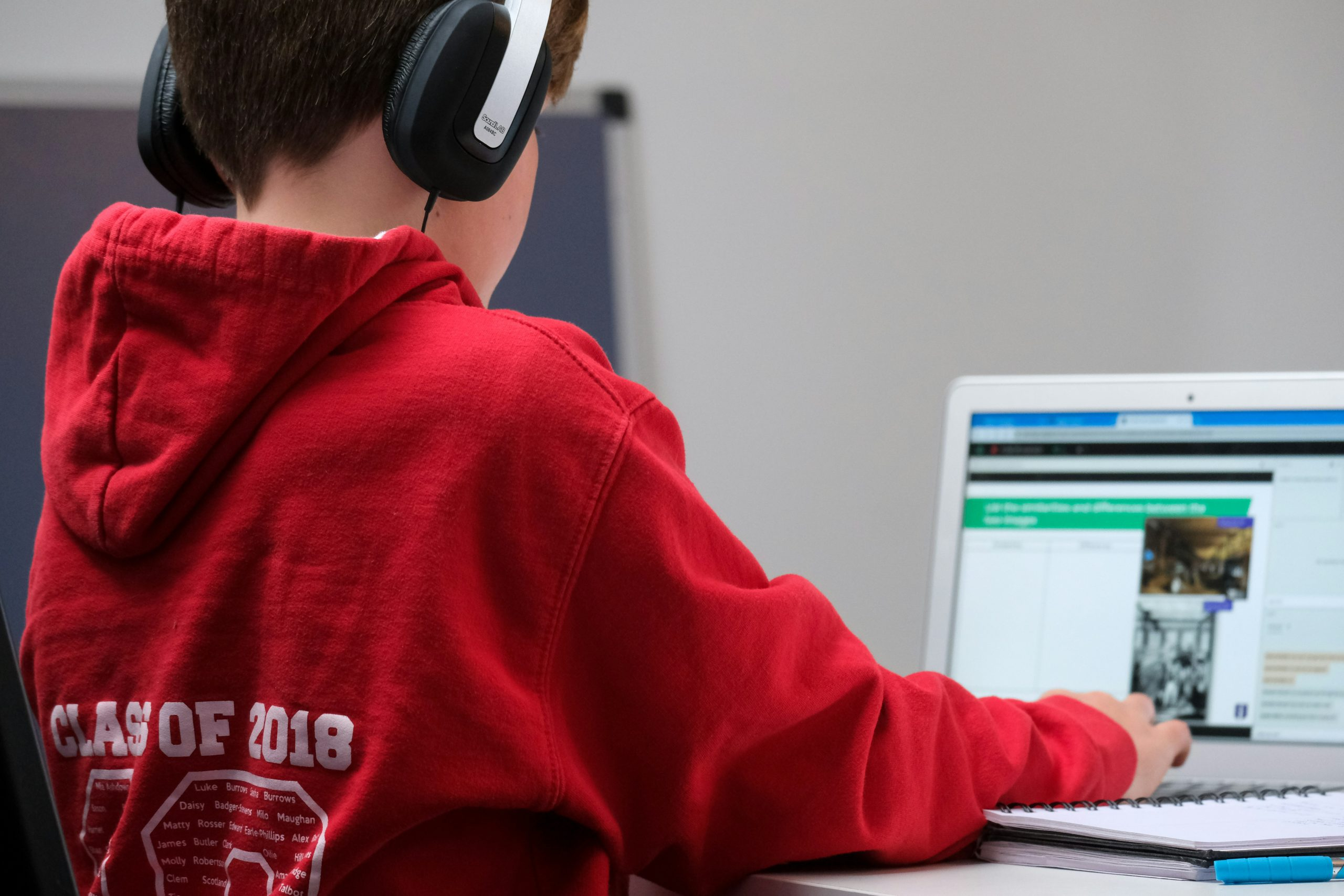Exploring the Potential of Adaptive Learning Technologies
As technology continues to advance, the field of education has also been transforming with the integration of technology in teaching and learning. One such technology that has gained traction in the education sector is adaptive learning. Adaptive learning technologies use artificial intelligence (AI) to personalize and tailor learning experiences to the unique needs and abilities of each individual student. This promising approach to education has the potential to revolutionize the way we learn, making it more effective, engaging, and accessible. In this article, we will explore the potential of adaptive learning technologies and how it can benefit both students and educators.
The Concept of Adaptive Learning
Adaptive learning is a method of teaching that adapts and adjusts instructional content, pace, and activities based on the individual needs of the learner. It uses AI algorithms to deliver personalized learning experiences that are tailored to each student’s knowledge, skills, and learning style. Adaptive learning technologies collect data about students’ performance, progress, and preferences through interactive activities and assessments, and use this data to create an individualized learning path for each student. This way, students receive the right level of challenge and support, leading to improved learning outcomes.
The Advantages of Adaptive Learning Technologies
1. Personalized Learning
The main advantage of adaptive learning technologies is its ability to provide personalized learning experiences. By adapting to each student’s individual needs, these technologies can close the learning gaps and ensure that students are mastering the content and concepts before moving on to the next level. This personalized approach not only facilitates better understanding but also enhances students’ motivation and engagement, as they receive content that is specifically tailored to their abilities and interests.
2. Efficient Use of Time and Resources
Adaptive learning technologies can also help teachers optimize their time and resources. By continuously collecting data on students’ progress, these technologies can identify areas where students are struggling and provide additional support and practice opportunities. This saves teachers from spending time on repetitive tasks, such as grading assignments and quizzes, and allows them to focus on facilitating deeper learning and one-on-one interactions with students.
3. Accessibility and Inclusivity
As adaptive learning technologies can adapt to the unique needs and abilities of each individual student, it makes education more inclusive and accessible for students with special needs. For students with learning disabilities, adaptive learning technologies can provide personalized accommodations and support that address their specific challenges, making it easier for them to learn and succeed in a traditional classroom setting. Additionally, these technologies can also benefit non-native speakers and students from diverse backgrounds by providing content and resources in their preferred language and learning style.
Challenges and Limitations of Adaptive Learning Technologies
While adaptive learning technologies offer many benefits, they also face certain challenges and limitations. One of the biggest challenges is access to technology and reliable internet connectivity. As these technologies require students to have access to a device and internet, it can create a disadvantage for students from low-income households or remote areas with limited internet infrastructure.
Moreover, as these technologies rely heavily on data collection and analysis, privacy concerns have been raised. While strict privacy policies and measures are put in place, there is always a risk of misuse of students’ personal information.
Conclusion
Adaptive learning technologies have a promising future in education, as they offer personalized learning experiences, optimize teaching and learning, and promote inclusivity and accessibility. Despite the challenges and limitations, the potential of adaptive learning technologies to enhance the learning experience is undeniable. It is crucial for educators to embrace and integrate these technologies, along with traditional teaching methods, to create engaging and effective learning environments that cater to the individual needs of every student.











